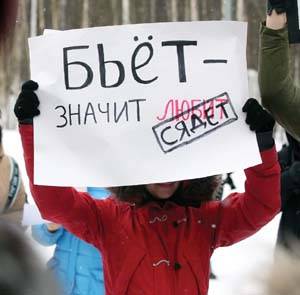This article appears in the Witness section of the Winter 2018 issue of the New Humanist. Subscribe today.
Northern Ireland has one of the strictest bans on abortion in the world with women in almost every circumstance facing prison sentences – which go all the way up to life – for a termination. In June, the supreme court in London dismissed a case brought by the Northern Ireland Human Rights Commission (NIHRC). Although the case was dismissed on what experts say was a technicality, a majority of judges agreed that the law was “deeply unsatisfactory” and that the fact that abortion in Northern Ireland is illegal even in cases of rape, incest and fatal foetal abnormality is incompatible with human rights law. Although the judges’ words appeared to signal that reform was necessary, the fact that the case was dismissed left women in Northern Ireland in an unclear position.
The battle in the courts is continuing, with a human rights case taking place this autumn. The case, which has backing from NIHRC and Amnesty International, is that of a mother who is being prosecuted for obtaining abortion pills for her 15-year-old daughter. Social services reported the family to the police, and the daughter’s GP records were supplied to the police without her knowledge. The case focuses on the breach of doctor-patient confidentiality as well as whether Northern Ireland’s abortion regulations breach human rights law. “The UK government already needs to urgently take action to bring about drastic improvement in abortion law in Northern Ireland,” said Andrew Copson, chief executive of Humanists UK, which has intervened in the case by providing legal submissions and expert evidence. “We hope that this heartbreaking case only adds to the pressure for change.”

